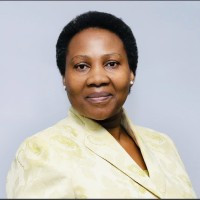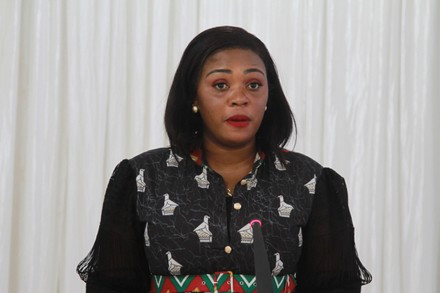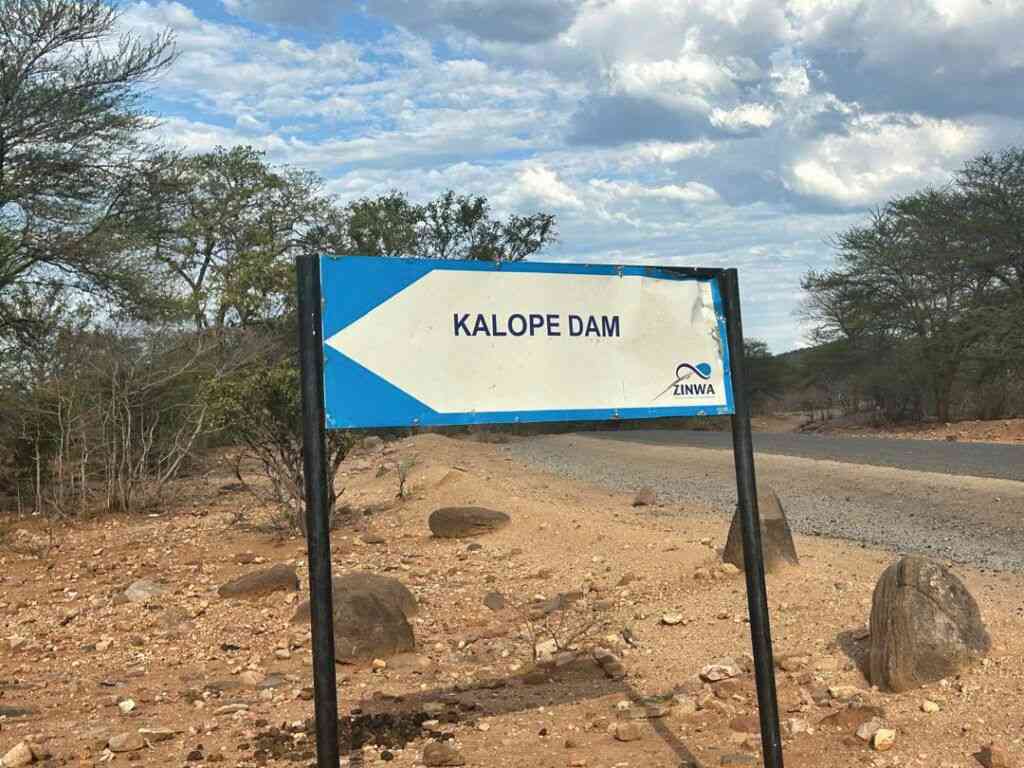
THE SADC Parliamentary Forum (SADC PF) has urged stakeholders to develop child-friendly policies to keep children in school.
In a statement to mark the Day of the African Child - commemorated on June 12, SADC PF secretary-general Boemo Sekgoma said this year’s theme: ‘Education for all children in Africa: the time is now.’ represents a positive step towards closing the gaps to attain Sustainable Development Goal 4 on equitable education.
The theme also dovetails with the theme of the African Union which emphasises on educating an African fit for the 21st Century through resilient education systems that increase access to inclusive, lifelong, quality, and relevant learning in Africa.
Sekgoma said millions of children in the SADC region are failing to access inclusive and quality education due to a range of factors that include child marriage or early and unintended pregnancies, leading to school dropouts, gender discrimination favouring boy schooling, child labour, or even relocation of families due to climate Devastations.
“At the same time, Africa is a growing economy which is demanding skilled work and a gamut of different competencies dispersed across all fields from agriculture to information communication technology (ICT) and Artificial Intelligence. The rising demand in skills needs to be met by the African children of today who will blossom into the working force of tomorrow,” she said.
Quoting UNICEF, Sekgoma said the population of children in Africa was projected to reach one billion by 2055, making the continent the one with the highest child population in the world.
“The moment is therefore nigh to implement child-friendly policies which provide for universal child schooling, and which encourage comprehensive primary and secondary education that can equip children for progressive lifelong learning,” she Stated.
The SADC PF brings together 15 national parliaments and approximately 3700 Members of Parliaments.
- Cops arrested for conning ICT perm sec
- Hwange communities tackle human-wildlife conflicts, crime
- Hwange communities tackle human-wildlife conflicts, crime
- Financial constraints slow down ICT penetration
Keep Reading
She reiterated the need for national parliaments to provide oversight on the implementation of Article 11 of the African Children’s Charter relating to the human right to education.
She said Aspiration 6 of the Africa’s Agenda for Children 2040 provides for innovative education policies such as compulsory pre-school education, the teaching of mother-tongue languages in primary schools, and appropriate teacher- learner ratios to facilitate classroom interactions.
Sekgoma said the SADC PF advocates child education through its various Model Laws. They include the SADC Model Law on Child Marriage and Protecting Children Already in Marriage. This Model Law promotes comprehensive sexuality education and the need for children to understand their basic rights and freedoms as they evolve to adult life.
Sekgoma said: “Every child in Africa should have the possibility to realise his or her dreams through the transformative effect of education. If we unite to create a world of equal opportunities, where education acts as a driving force, then every child should have a realistic prospect to succeed in life. This is the Africa that we want in line with our development objectives.”
This year’s Day of the African Child is being commemorated after the SADC PF’s Standing Committee on Human and Social Development and Special Programmes (HSDSP) met on May 20 and 21, 2024, in Johannesburg, South Africa, under the theme: :"Advancing the AU Agenda 2040 for Children: Strengthening Parliamentary Engagement for Child-Centred Legislation and Policies".
The committee noted growing concern over child rights violations, poverty and inequality and a shortage of child-centred policies within the SADC region and beyond. It underlined the importance of enacting and enforcing child-centred legislation. It noted, also, shrinking play space for children in some countries, especially in the wake of the mushrooming of often ill-equipped ‘private’ schools.
The committee also identified harmful norms, religious, traditional, and cultural practices impacting children in the SADC region were identified. These include child marriages, violence against children, female genital mutilation, and the ritual killing of children with albinism.











